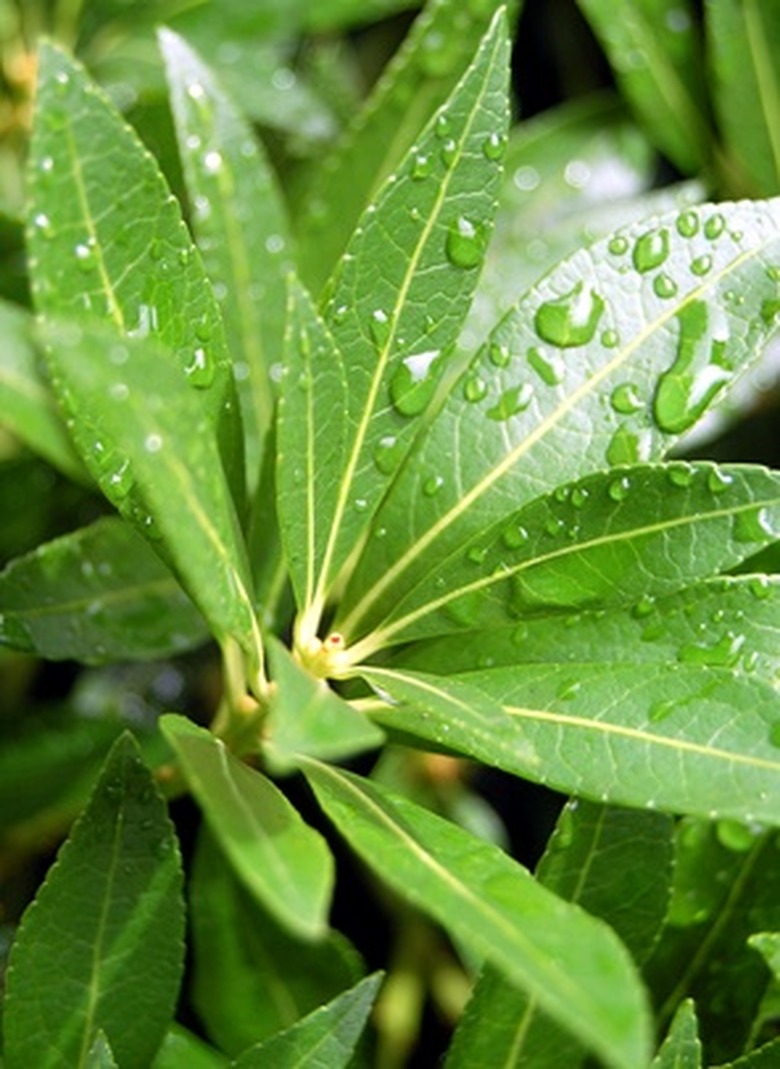When Does Respiration Occur In Plants?
When does respiration occur in plants? It is a common misconception that photosynthesis occurs during the day and respiration only happens at night. In fact, respiration in plants occurs all the time – both day and night, as respiration in plants is like breathing in humans. And although parts of the process of photosynthesis require energy from the sun, other steps are light-independent. In other words, photosynthesis and respiration are not opposite processes in plants; even though the chemical equations for the two processes are opposite, this does not tell the whole story of the relationship between the two processes.
When Do Plants Respire?
When Do Plants Respire?
Respiration is the process of burning sugars to produce energy for living and growing. Plants respire, humans respire and all other forms of life on earth respire. The chemical equation for respiration is: glucose + oxygen = energy + carbon dioxide + water.
During respiration, plants convert the sugars produced by photosynthesis back to energy to fuel essential metabolic processes. They burn sugars in order to fuel cellular processes like repair and reproduction. Water and carbon dioxide are produced and released by plants as they respire, and sugars and oxygen are used.
Respiration occurs in the mitochondria of plant cells, and it is a process that does not require light. While energy from the sun fuels parts of the process of photosynthesis, the energy needed for respiration comes from sugars, which are the products of photosynthesis.
However, there is technically a distinction between respiration that occurs during the day and plant respiration that happens in the dark. Respiration that occurs at night is simply called respiration, while plant respiration that happens during the day is referred to as photorespiration.
Respiration Compared to Photosynthesis
Respiration Compared to Photosynthesis
Both respiration and photosynthesis are essential processes for plants. Although glucose, one of the products of photosynthesis, is burned during respiration, these two processes are not exactly the reverse of one another. In fact, photosynthesis and respiration can and do happen at the same time in plants. Both life processes are necessary to support the basic metabolic functioning of plants.
Respiration happens in the mitochondria of plant cells, while photosynthesis occurs in the chloroplasts. Chloroplasts are organelles in plants that contain chlorophyll, a green pigment that is needed to convert sunlight into energy for the first step of photosynthesis. There are two main chemical reactions that occur during photosynthesis; the first part of the process requires light, and the second part, the Calvin cycle, is light-independent.
This is why it is false to say that photosynthesis only occurs during the day. Parts of the process can happen in the dark of night, fueled by energy that is stored in adenosine triphosphate (ATP), which is a product of the light-dependent step of photosynthesis.
Why Plants Respire
Why Plants Respire
Just like humans breathe all night when they are sleeping, plants respire in the dark. Respiration, like photosynthesis, also produces adenosine triphosphate (ATP). ATP is a molecule used for storing and transferring energy in all living cells. Needed for biochemical reactions, ATP provides the energy for cellular repair and reproduction, among other vital functions.
During respiration, plants release water through a process called transpiration. Plants exchange carbon dioxide and oxygen with the atmosphere through cellular structures called stomata. Located on the surfaces of leaves, stomata are like pores that are regulated by 'guard cells' to open and close when a plant needs to take in carbon dioxide or release oxygen or water.
Respiration, photosynthesis and transpiration are the three main processes involved in plant growth and development. Essential and interconnected, all three of these processes are concerned with the production or consumption of sugars and the conversion and exchange of carbon dioxide and oxygen.
References
- University of California, Santa Barbara: Plants Produce Carbon Dioxide as a Product of Cellular Respiration but They Also Release Oxygen, How is This Possible?
- Colorado State University Extension: Plant Physiology: Photosynthesis, Respiration, and Transpiration
- Colorado State University: Light and Dark
Cite This Article
MLA
Sloane, Christina. "When Does Respiration Occur In Plants?" sciencing.com, https://www.sciencing.com/when-does-respiration-occur-in-plants-12481769/. 30 September 2021.
APA
Sloane, Christina. (2021, September 30). When Does Respiration Occur In Plants?. sciencing.com. Retrieved from https://www.sciencing.com/when-does-respiration-occur-in-plants-12481769/
Chicago
Sloane, Christina. When Does Respiration Occur In Plants? last modified March 24, 2022. https://www.sciencing.com/when-does-respiration-occur-in-plants-12481769/
